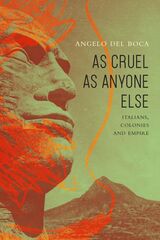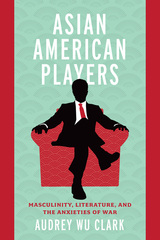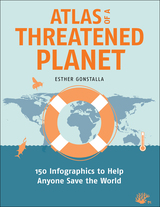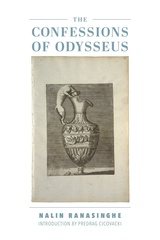
Predrag Cicovacki in his indispensable preface to the book, elucidates: “In Ranasinghe’s view, Odysseus is both the first recognizable human being and a model of curious and concupiscent human rationality that constantly strives toward the virtues of self-knowledge and moderation. Homer leads us to believe that the cosmos leans toward virtue, although its fundamental truths may be inherently unspeakable. This is the line of thought that Ranasinghe believes was further developed by Socrates, Plato, and Jesus, while being obscured by Aristotle, Augustine, and their followers. Homer’s later epic and his central insights are, according to Ranasinghe, the most fertile soil on which a humane civilization can grow and flourish.”
Yet Ranasinghe ultimately says it best. “Homer must be read as the wisest Greeks did, not for fantastic tales of the Olympians but because his myths reveal eternal constants of the human state: the soul’s ruling passions and the possibility of knowing and educating these false gods. Wrestled with thus the Iliad becomes a cautionary tale, not one urging literal reading or mindless mimesis. It may always be that for the few who grasp Homer, many more will obey his gods or imitate his antiheroes; but the Odyssey hints that while its poet sees this potential for misuse, he is willing to take a noble risk and hope that eros can listen to and educate thumos. This faith is implicit in his tale of Achilles and the Trojan War. It is vital today that we see how the West’s end resembles its angry origins, as depicted in the Iliad. This is why Homer is said to be as fresh as the morning newspaper. His wisdom may outlive our literacy.”
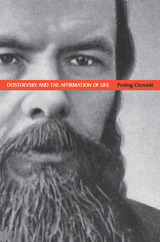
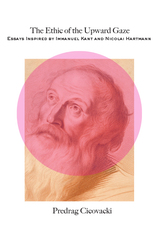
"Kant and Hartmann share a belief that is less common than it once was: that the aim of morality is to guide us toward becoming the best version of ourselves. Morality is not the same as prudence, nor is it a utilitarian calculus about what actions lead to our advantage. Yes, we do need to see what is in front of us, and handle what demands our immediate attention, in accordance with the rules endorsed by our societies. We also need to secure our existence as well as the material flourishing of ourselves and those who depend on us. But focusing exclusively on such issues deflects our consciousness from the high road of morality. […]
These essays explore ideas relating to the suffocating and hope-crushing atmosphere of negativity and disorientation in the contemporary world. The message of this collection is that, if we dare to open our eyes and our hearts, we can find that there is much in ourselves and the world that deserves our reverence and our loving gaze. It is not too late to recall that besides the natural and the social worlds, there is yet another order of being: the spiritual. And without a connection with this spiritual order, we cannot experience our humanity at its best."
READERS
Browse our collection.
PUBLISHERS
See BiblioVault's publisher services.
STUDENT SERVICES
Files for college accessibility offices.
UChicago Accessibility Resources
home | accessibility | search | about | contact us
BiblioVault ® 2001 - 2024
The University of Chicago Press



